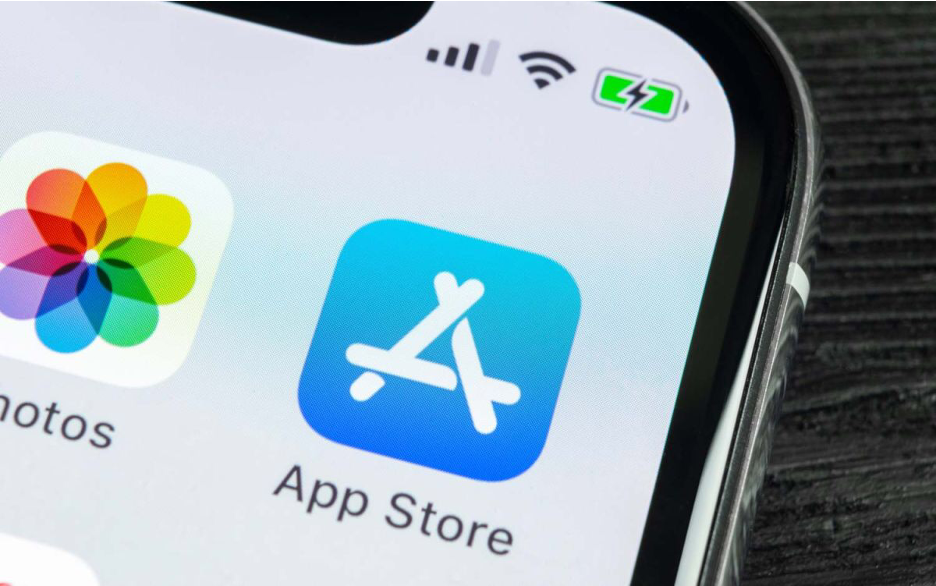Mobile Is Not Commerce
The problem with using the government to confiscate private property is that they never stop where you want them to. What would Marco Arment think if the government forced him to carry podcasts by Alex Jones in his app, Overcast? Have you ever noticed that Marco doesn’t allow podcasts on his “platform” that he doesn’t personally agree with? Why is that? Because he believes that as the creator of his business he can set the rules. Imagine that.
And yet he would deny Apple that same privilege because he accuses them of being too big to the world of commerce. If that’s his strongest argument, he should give up now. Because first of all, mobile is not “the world of commerce”. Commerce existed long before mobile phones and it would go on just fine if it ended tomorrow. But second, Apple is about 15% of the mobile market. They don’t even have a majority share of one piece of “commerce”.
And the government has a long history of starting with big business first and later expanding those rules down to the little guy.
The Convenience of One Payment
How many people buy stuff from Amazon.com simply because they don’t want to go look for their wallet and start entering credit card data into some new website? I know I do. Part of the joy of using Amazon is the fact that all the vendors trust the Amazon system so I only enter my credit card number once for everyone.
Can you imagine if some irate vendor complained that they had to give Amazon a cut and that they should be able to bypass Amazon with their own payment system? Marco Arment is that vendor. Only he’s trying to destroy the convenience of the Apple AppStore.
Marco’s weak argument is that the Apple Pay system isn’t going anywhere and that most people would probably still use it. But he doesn’t know that to be true. Apple would take a huge gamble by opening up alternate payment methods. And once you let that genie out of the bottle it’s almost impossible to get it back in.
The big problem that most online internet vendors have is gaining traffic. If you start a business on the web, who knows about it? E-mailing prospective customers doesn’t work that well. Gaining access to the iOS App Store solves the foot traffic problem. They now have access to billions of customers.
Most people aren't going to go out of their way to visit your website. And if they do, they may be hesitant to give you their credit card number lest it get caught in yet another hack. How do they know that your fly-by-night business has excellent credit card number security?
If a vendor could be on the official AppStore without the requirement to use the Apple payment system, it would only be too tempting to cut Apple out of their AppStore commission and force customers to enter their credit card info into their proprietary payment system. It won’t be long before iOS customers are back in the same position as buying stuff on the wild web. Every developer would want you to register onto their proprietary system. That would be a big step backwards for the consumer. But it’s what developers crave.
iOS Developers Are Destroying Their Goodwill
The public started losing their patience with iOS developers when subscriptions became all the rage. Consumers hate monthly payments but developers don’t care. Now developers want to destroy the convenience of the iOS AppStore.
If developers get their way, Apple is going to lose out on revenue from the AppStore. That means Apple will have to make it up on hardware. Which leads to higher iPhone prices. Buyers of the iPhone will be forced to subsidize all iOS developers whether they like them or not. In today’s system, iPhone buyers only support the iOS developers that they like by purchasing their apps on the AppStore. The 30% commission goes to Apple via the app purchase.
If you are an ATP listener, you need to remember this about Marco Arment. This is a business owner who advocates for increasing his own profitability. He is NOT a consumer. All his views are rooted in his personal gain. If Apple were to reduce their AppStore commission or eliminate it entirely, neither Marco or the other developers would reduce their prices. They would greedily keep all their extra revenue to themselves.
Just like with Epic, the rantings of iOS developers aren’t about protecting the consumer. They want a less convenient and less safe AppStore because it suits their own interests. It’s about increasing business profitability at the expense of the consumer.



 RSS Feed
RSS Feed